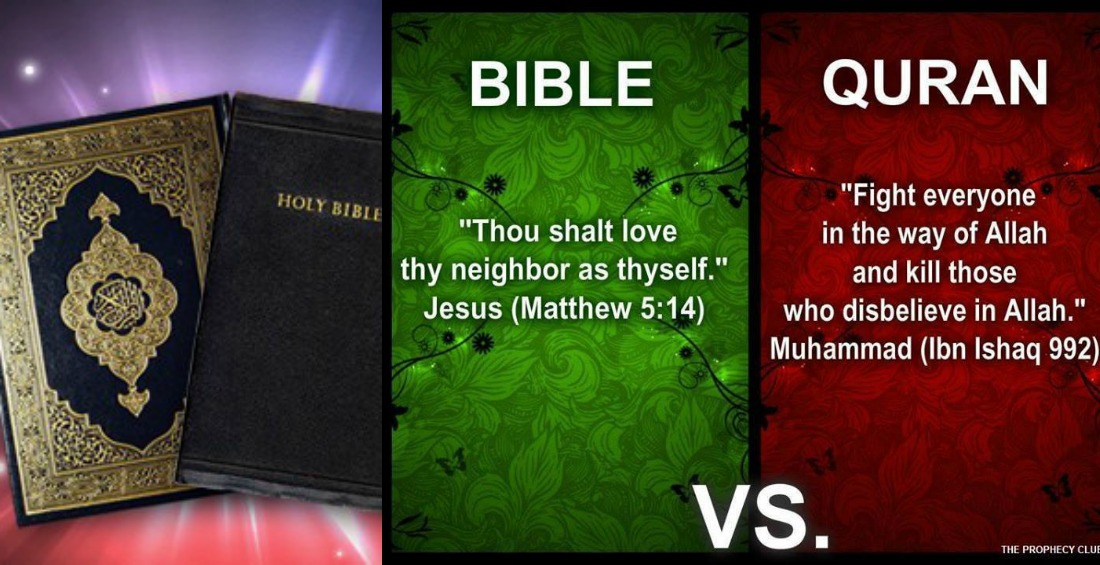

Muslims tend to work from a position known as “fideism,” that the truth of a religion rests ultimately on your faith in that religion. He dared to say, ‘Muslims and Christians usually start from different points when it comes to considering and defending the authenticity and integrity of their scriptures. “Small portrayed Islam and Christianity as opposite in their views on truth. I have responded to this accusation in Hunting for the Word of God, To convince his audience that Muslims are an easy target, Small repeatedly accuses Muslims of being fideists (followers of blind faith). I discovered many fraudulent statements made by him (close to forty), and I will note a few of them here:
Quran textual criticism windows#
In this lecture, Small opened new windows into who he really is. All of the erroneous statements and biased conclusions made by him in his book were just samples. I discovered, to my surprise, that I did not know Keith Small well. As the French proverb says: “la fin justifie les moyens” (The end justifies the means). dissertation on the early history of the Qur’anic text. These are the basic elements from which you begin.” As it turns out, that was completely wrong! If you are a Christian apologist, you can start from nothing! Even if you are giving wrong information about the number of accepted readings, as Small does, you are still on the safe side! Yes, even if you do not know their number, your intentions are enough of an excuse to write a Ph.D. After listening to the lecture myself, I thought, “Muslim scholars must have been wrong! They claimed that studying the history of the Qur’anic text requires collecting and critically studying received traditions about the Uthman/ibn Mujahid/al-Jazari projects and goals as well as a deep knowledge of the science of Qur’anic readings. In fact, all of his assumptions were scientifically discredited in Hunting for the Word of God.Ī few days ago, Small posted a lecture he had delivered a while ago, in which he repeated the same unfounded accusations, and arrived at a conclusion that no serious scholar would agree with. He gave a superficial reading of the history of the Qur’an. He was unable to reference any of the Arabic resources, with the exception of a handful of translated resources, though the main Arabic resources have been edited and published. Small showed an incredible lack of knowledge about Islamic early resources. This book makes clear that Small was taking the wrong road, leading to inaccurate conclusions with the goal of deluding Christian readers with the false comfort that the Muslims’ claims about the preservation of their book was worse than their own. However, it is also a grave sign that these apologists are unaware of what constitutes a true academic study -all that glitters is not gold.Īll of Small’s claims, methodology, and goals were scrutinized in the book, Hunting for the Word of God. This is a positive sign of a growing interest in academic studies about Islam. dissertation) Textual Criticism and Qur'an Manuscripts. I believe Keith Small acquired a respectful reputation in the apologetic circles shortly after publishing his book (a Ph.D. “Being ignorant is not so much a shame, as being unwilling to learn.” Finally, the book provides an introductory academic textual criticism of the Quran.Keith Small - Misquoting Islam, Forging a Disgraceful Image in the Name of God ( Thank you Bart!) The book is recommended for those western laymen who want an accurate but easy-to-read and concise historical account of early Islam and for students of Islam and those who desire a deeper understanding of this historical period.


Written in a concise manner, the book is intended to lay a solid foundation for further study of Islam in the more in-depth works published by the Religion Research Institute. While Dawn of Islam is an introductory text on Islam, it provides comprehensive coverage of the main elements of the religion. The book also presents a critical analysis of the Quran and the history of its transmission.

Focusing on the early periods of Islam, the author investigates how Islam began, including its religious and historical background, main historical figures, initial beginning, and subsequent expansion. Dawn of Islam: An Introduction to Early Islam presents a critical historical and theological introduction to Islam.


 0 kommentar(er)
0 kommentar(er)
